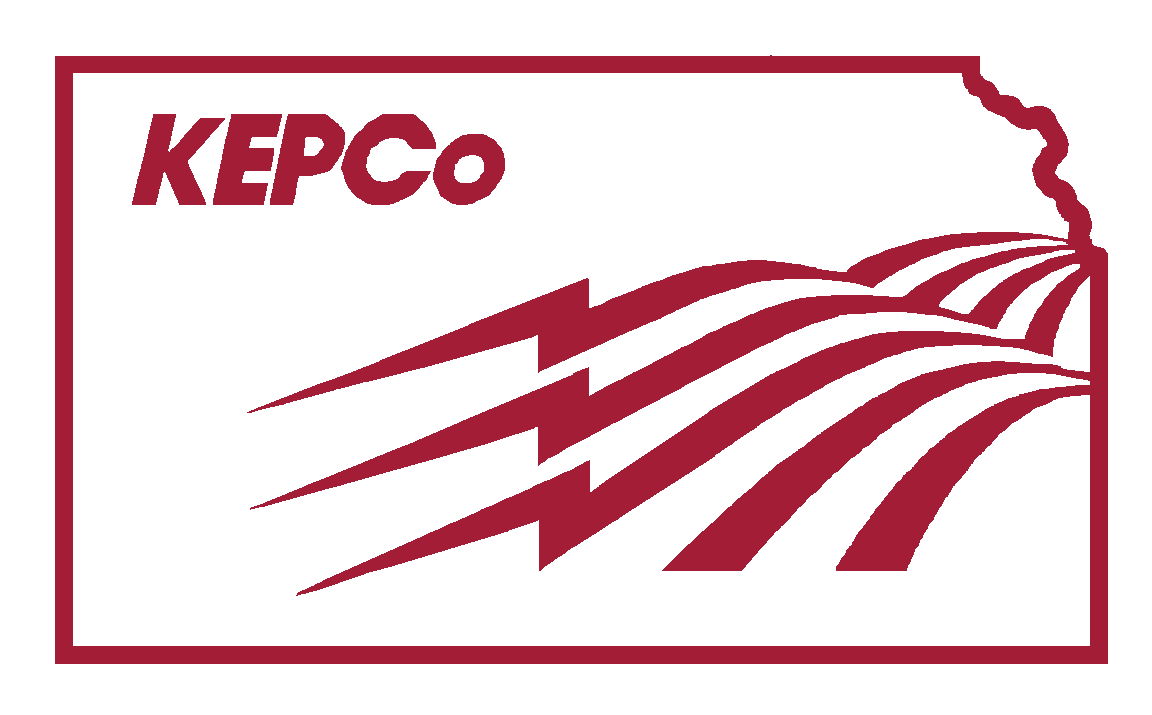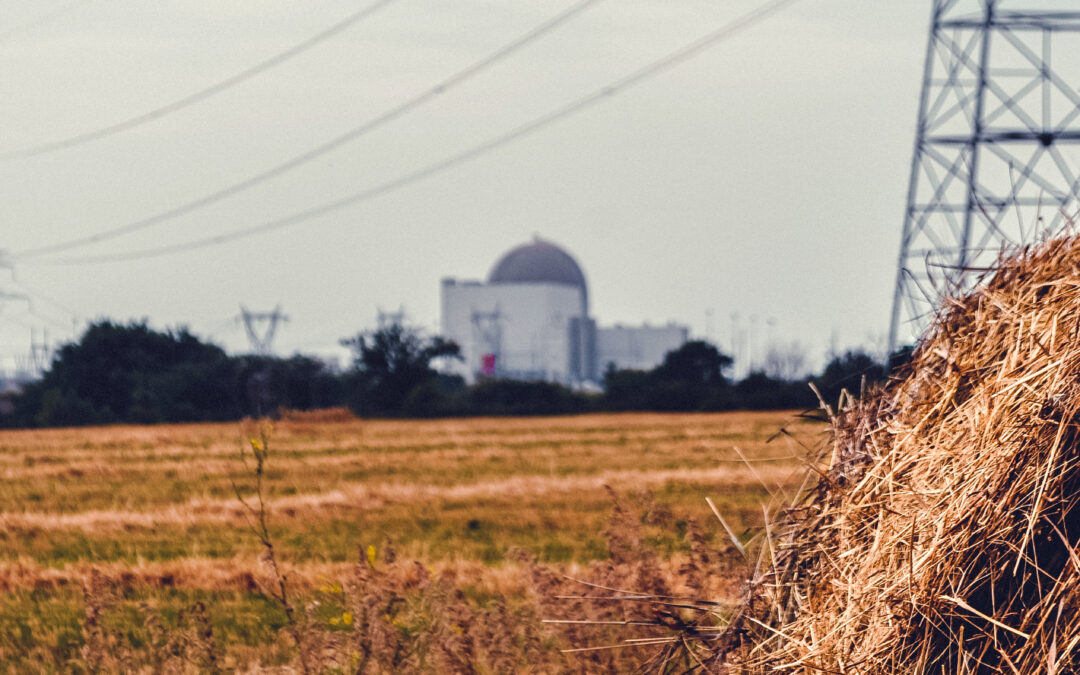Moment With the CEO
The EPA’s New Power Plant Rule
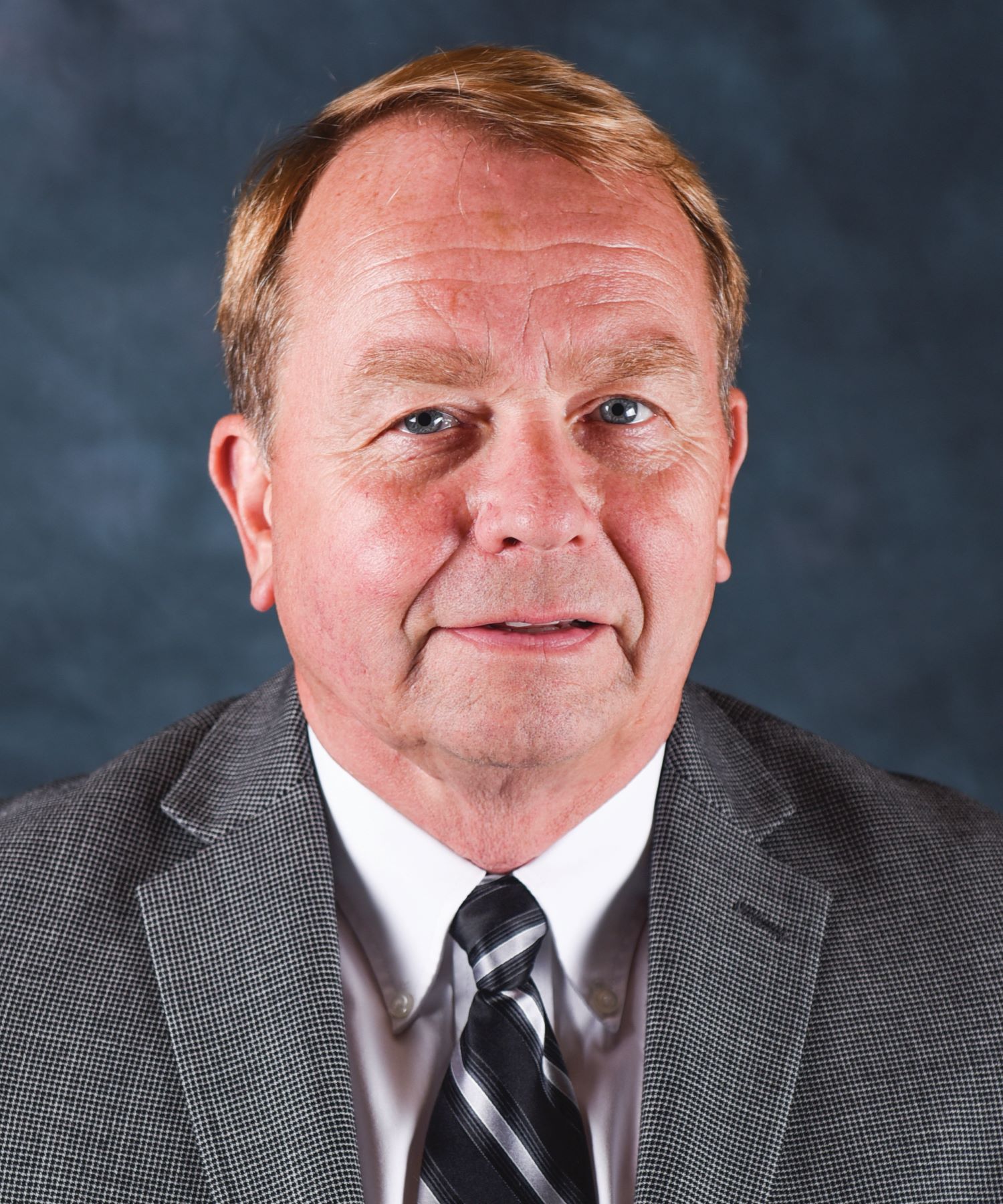
In April 2024, the Environmental Protection Agency (EPA) issued its long-awaited and controversial power plant rule. The EPA’s rule focuses on reducing pollution from fossil fuel-fired power plants and addresses several concerns related to greenhouse gas emissions and environmental impacts.
Here are the key points:
- Emission Reduction Targets: The rule sets ambitious targets for reducing carbon emissions from power plants. The rule requires existing coal-fired power plants and new natural gas plants to control 90% of their carbon pollution. It emphasizes technologies like carbon capture and sequestration (CCS) to reduce emissions.
- Environmental Justice: The EPA emphasizes environmental justice, aiming to protect communities disproportionately affected by power plant pollution. This includes addressing groundwater and surface water contamination, fugitive dust, and other environmental impacts.
- Compliance Dates: Significant reductions are expected to be achieved by 2030. Specifically, units in the medium-term coal-fired subcategory and natural gas- and oil-fired steam generating units must comply by January 1, 2030.
- Retirement Commitments: Plants planning to retire by 2032 face no new emissions requirements. Those retiring by 2039 should reduce emissions by 16% by 2032. Other plants must implement CCS technology by 2032, capturing at least 90% of emissions.
While the EPA’s power plant rule aims to improve environmental outcomes, some stakeholders have expressed concerns about the stability of the U.S. power sector, arguing that this approach is unachievable and threatens the American grid. Jim Matheson, CEO of the National Rural Electric Cooperative Association (NRECA), has criticized the EPA’s recent rule. He called the rule “unlawful, unreasonable, and unachievable” and emphasized that it undermines the foundation of the American economy. Matheson also argues that the rule disregards the Supreme Court’s 2022 decision, which limited the EPA’s ability to regulate carbon pollution under the Clean Air Act. Dan Brouillette, president and CEO of the Edison Electric Institute, expressed disappointment that the EPA did not address the myriad concerns about the viability of carbon capture and storage. The coal industry also criticized the rule as “extreme and unlawful,” arguing that the EPA exceeded its authority in issuing the rule.
From KEPCo’s perspective, we’re very concerned about how the EPA’s power plant rule will affect both reliability and costs. It seems like we’re heading towards a perfect storm of eliminating – or dramatically increasing the cost to produce – essential, always-available baseload generation while at the same time electricity demand is significantly increasing. Moreover, there is a question about the practicality of carbon capture. The rule would require fossil fuel power plants to designate one-third of their energy output to capture carbon. With the increase in electrification and capacity shortages, it will be difficult to meet energy needs.
To be clear, renewable energy most assuredly has its place in utilities’ generation portfolios. In fact, in 2023, 67.7 percent of KEPCo’s generation came from non-greenhouse gas emitting resources. But no matter how much is produced, renewable energy is still an intermittent resource and therefore, by definition, is unreliable.
The current status of the rule is in a state of flux. In May 2024, a coalition of 23 states and the NRECA filed lawsuits challenging the EPA’s power plant rule. In addition, a group of 27 U.S. Republican attorneys general and industry trade groups filed a lawsuit against the EPA. Another wave of lawsuits has been filed against the EPA’s new rule, focusing on the accelerated transition to electric vehicles. And at least three lawsuits challenging the EPA’s rule related to PFAS (per- and polyfluoroalkyl substances) in drinking water were filed this month.
The lawsuits, filed in various federal courts, challenge the EPA’s authority to set such stringent standards and raise questions about the technological and economic feasibility of complying with the rule. The deadline to submit challenges to the rule was June 10.
Additionally, on June 21, NRECA joined with four of its member cooperatives and sought a stay of the EPA’s Mercury and Air Toxic Standards (MATS) rule, urging a federal appeals court to halt implementation of this aspect of the EPA’s new power plant rule before it can cause “substantial, irreparable, and immediate harm” to electric co-ops.
As you can see, the rule is by no means a certainty, at least in its present form. KEPCo will continue to keep abreast of the rule and the various challenges that affect the status of the rule. We will also continue to advocate for reliable electricity supply, at any time of the day, at affordable costs, for the rural Kansans ultimately served by KEPCo.
On a related note, on June 27, the U.S. Supreme Court granted NRECA’s request for an emergency stay of the EPA’s Ozone Transport Rule (also known as the “Good Neighbor Rule”). According to NRECA’s filing, the Ozone Transport Rule stretches well beyond the EPA’s authority and creates major threats to the reliability of the electric grid and electricity affordability while also accelerating the retirement of always available generating resources.
This a significant development in the Ozone Transport Rule litigation, which is currently pending in the D.C. Circuit. The emergency stay halts the enforcement of the rule until the lawsuits challenging it are fully reviewed by the courts, including the Supreme Court, if necessary. The granting of this stay also could have a bearing on the recent stay filed by NRECA against the EPA’s new power plant rule.
Stay tuned for more!
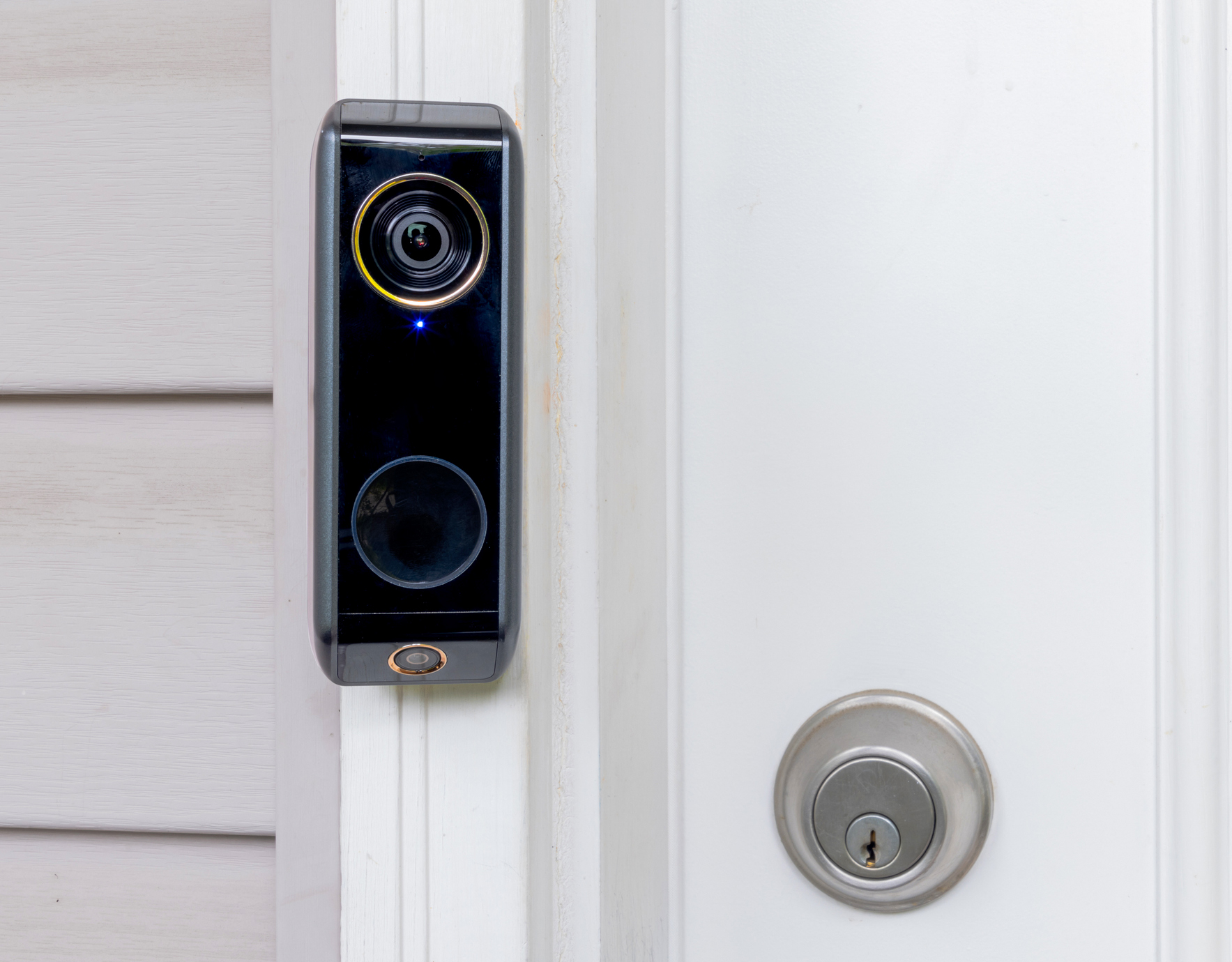
Generating Safety:
Vacation Tips for Your Home
According to the FBI, a home is burglarized every 15 seconds in the United States, resulting in an average valued loss of $2,188.
Follow these vacation safety tips to keep your home and family secure while you’re away – and you can even use some of these tips when you’re home.
Deterring intruders year-round…
To secure your home all year long, install the following:
• Home security system / doorbell camera
• Strong exterior doors made of solid wood or steel
• Deadbolt locks
• Motion-activated sensors on outdoor floodlights
• Block windows or lock window well covers for the basement
• Locks for your pet doors
Vacation safety tips for when you’re about to travel…
• Resist the urge to mention your trip on social media or in public. You can always post the pictures (and re-live the vacation) once you’re back home.
• Make an inventory of your valuables, including serial numbers and photos.
• Stop the newspaper and mail or ask a trusted neighbor to pick them up.
• Park your car inside the garage and ask a neighbor to park in your driveway occasionally.
• Put at least one light on a timer.
• Arrange for your lawn to be mowed.
And just in case someone does break in…
Even if the best vacation safety precautions fail to keep burglars out of your house, you don’t have to make it easy for them if they get in. Some ways to make their “job” harder and protect yourself:
• Don’t keep expensive jewelry on your bedroom dresser.
• Don’t store your expensive flatware in the dining room hutch or china cabinet.
• Keep important documents, financial information, and small valuables in a fireproof safe, discreetly hidden in your house.
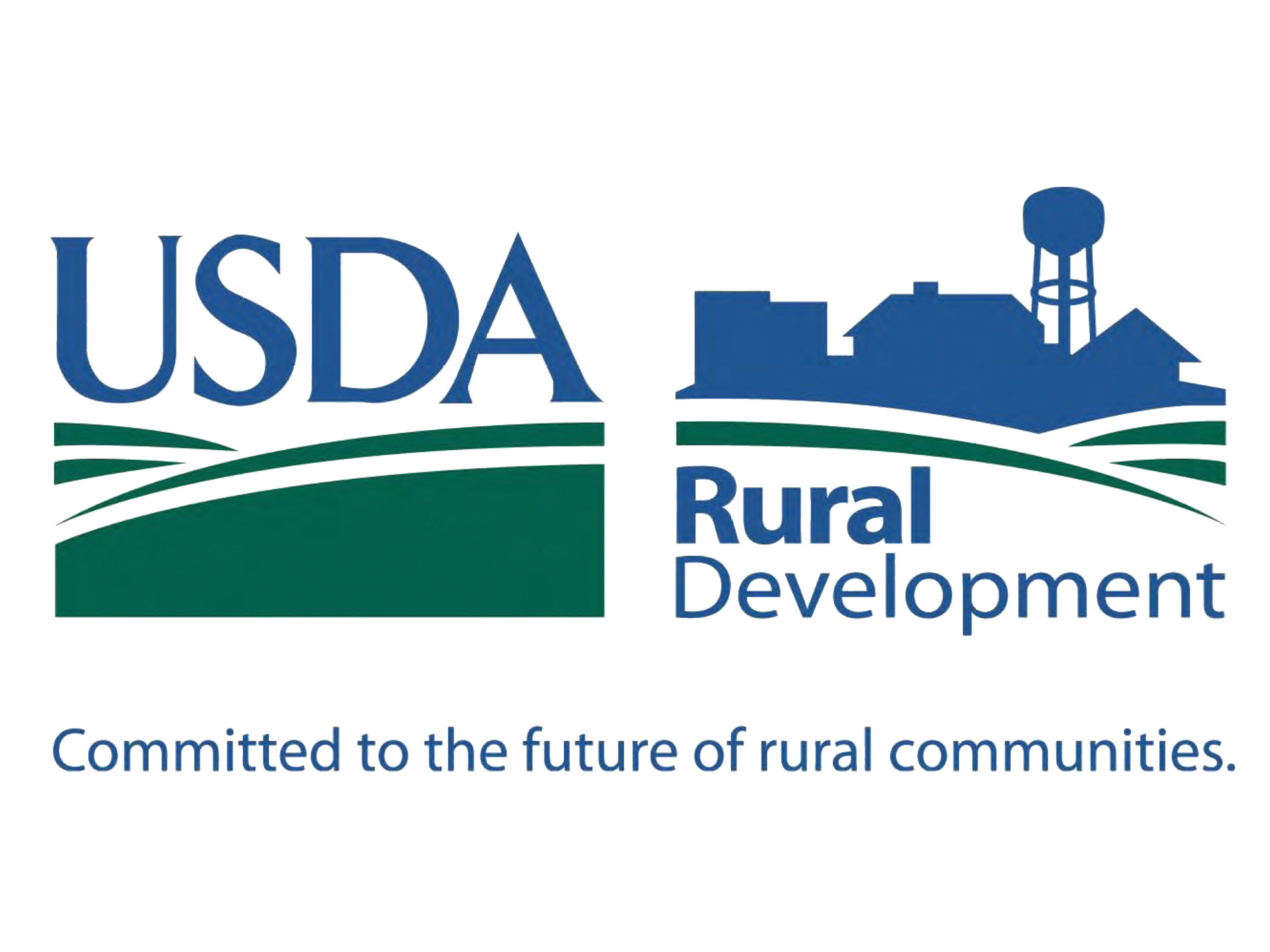
REDLG Update
KEPCo submitted a $160,000 Rural Economic Development Loan and Grant (REDLG) program application on behalf of Bluestem Electric Co-op in December 2023 for the establishment of Price Physical Therapy in Wamego, Kansas. In April, USDA selected the project for funding.
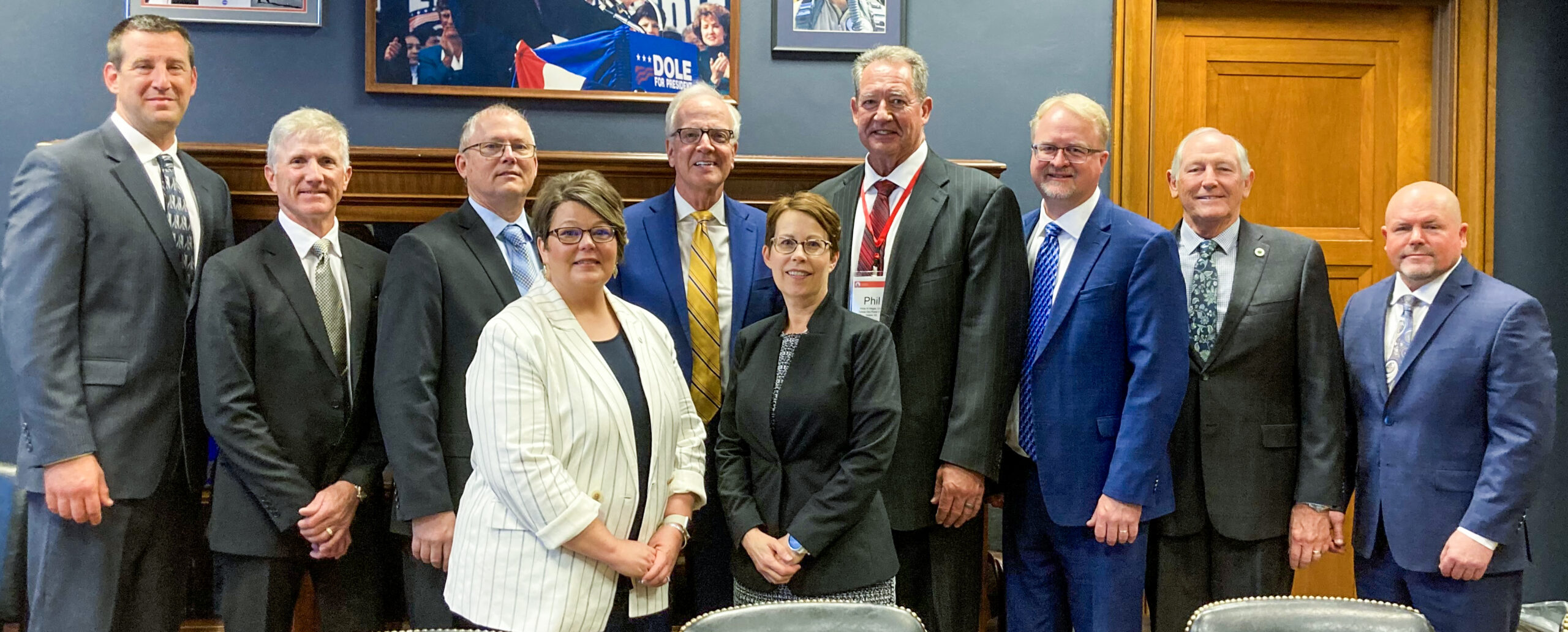
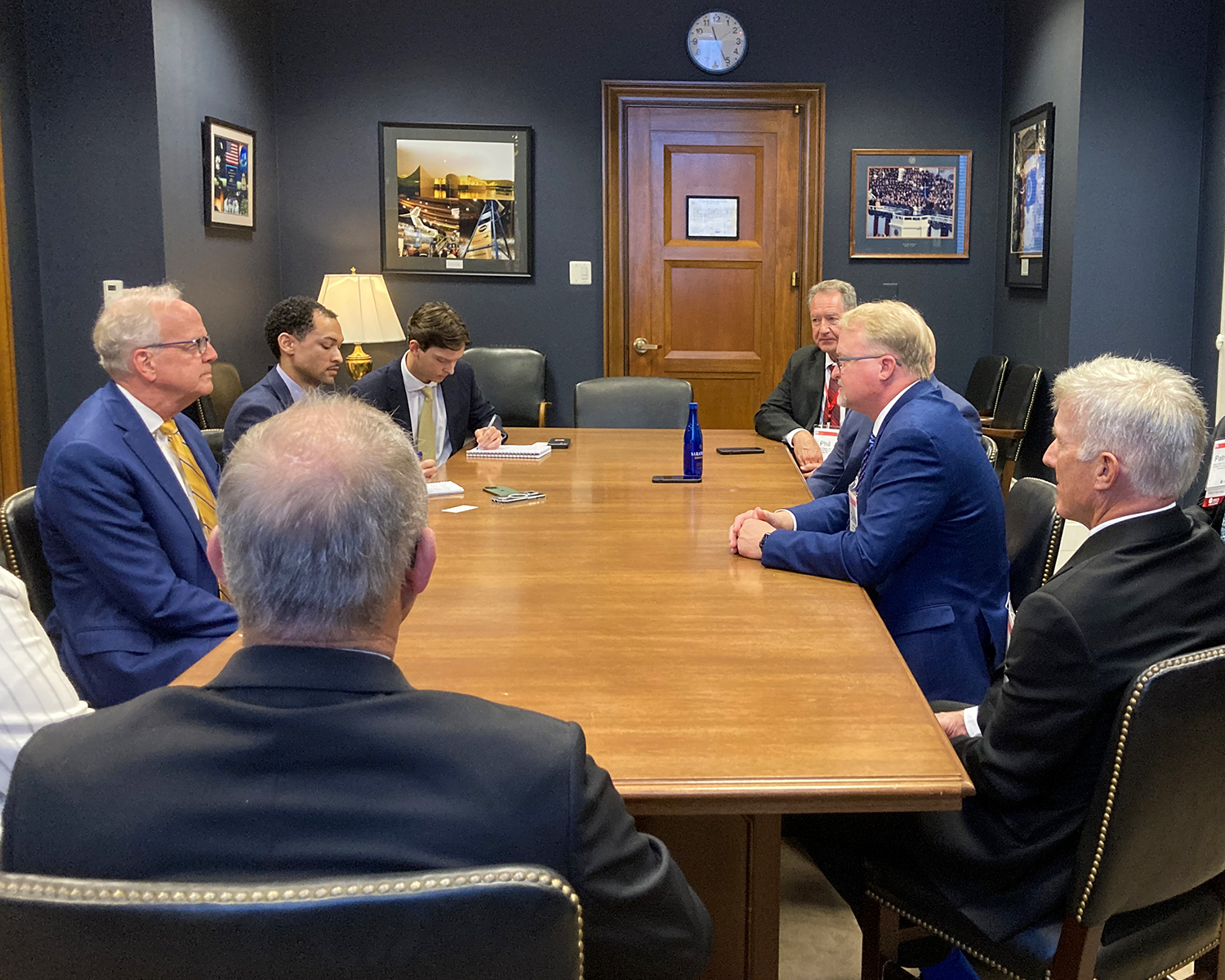
KEPCo Attends Legislative Conference
In April, KEPCo’s government affairs staff attended the annual National Rural Electric Cooperative Association (NRECA) Legislative Conference in Washington, D.C.
KEPCo was part of a contingent of 15 Kansas electric cooperative representatives and were
among approximately 1,300 electric cooperative representatives from across the country that attended the conference to receive updates from NRECA and key government agency staff members on priority issues impacting electric cooperatives, as well as convey industry issues to their respective congressional leaders. “The NRECA Legislative Conference is a forum to receive the latest information on critical topics for electric cooperatives and affords electric cooperative representatives the opportunity to convey viewpoints to our respective members of Congress. Messaging the challenges and concerns facing Kansas to our state’s congressional delegation and their staffs is vitally important, as the electric co-ops can express firsthand industry perspectives and insights on legislation being debated or considered,” said Susan Cunningham, SVP, Regulatory and Government Affairs, and General Counsel.
The specific issues discussed with the Kansas delegation included the Southwestern Power Administration Fund Establishment Act (S.1423 and H.R.4219), which was introduced in the Senate by Kansas Senators Moran and Marshall; opposition of the EPA’s power plant greenhouse gas rule; continued support and funding for the USDA New ERA program; opposition to the new pole attachment regulations; and needed improvement of the performance of the U.S. Postal Service.
SPP External Affairs Conference
In June, KEPCo’s government affairs staff attended the two-day Southwest Power Pool (SPP) External Affairs Conference in Kansas City. The conference was attended by electric utility representatives from across the SPP footprint.
During the conference, SPP staff reviewed SPP’s strategic goals, grid resilience, resource adequacy, emergency communications, legislative news, and the impact of artificial intelligence innovations on the industry.
“As the industry transitions to less carbon or zero-carbon generation sources, networking with other utilities and receiving information from the SPP regarding grid resiliency and resource adequacy is important as utilities navigate this transition,” said Phil Wages, KEPCo.
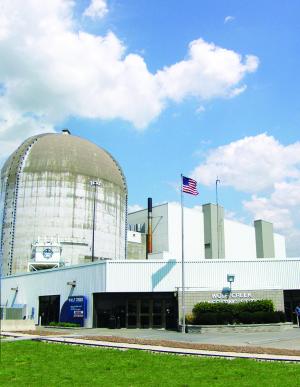
Wolf Creek Outage
The Wolf Creek Nuclear Generating Station successfully completed refueling outage 26 on May 11. The refueling outage lasted 44 days.
Approximately 700 supplemental workers were mobilized to assist and support Wolf Creek staff in replacing one third of the fuel assemblies, as well as completing 9,850 work activities.
In total, 165,080 work hours were logged over the 44 days.
Wolf Creek schedules refueling outages approximately every 18 months, in the spring or fall when loads are low, to help ensure that the facility is available in the summer and winter months when demand is high.
KEPCo Selects Intern
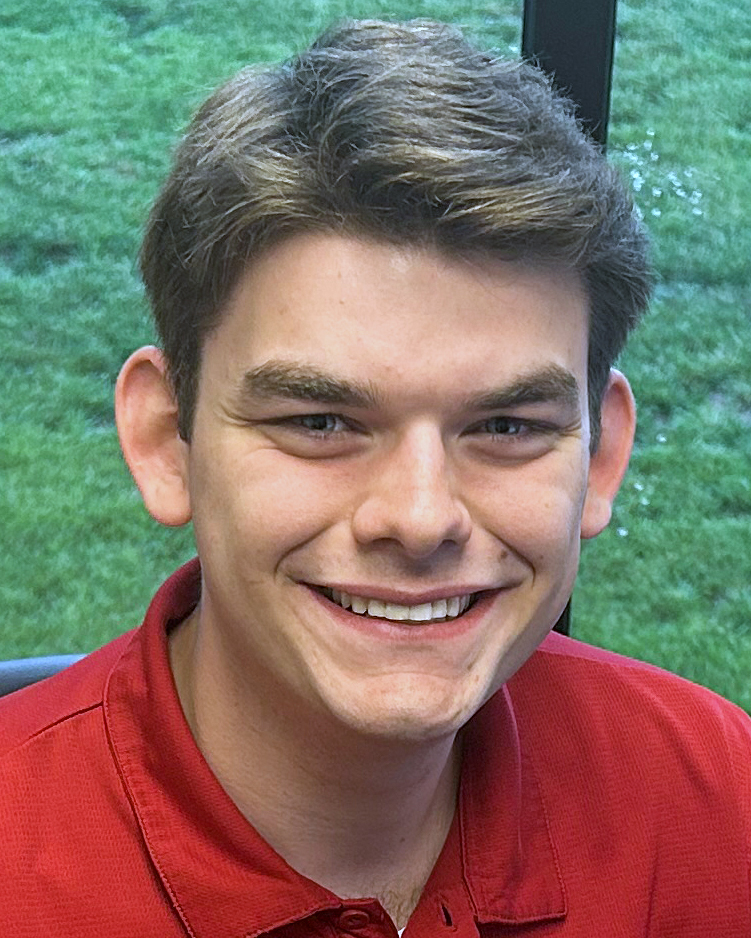
Bradley Schrock was selected as the 2024 recipient of the Stephen F. Parr summer internship. He is the son of Andrea and Steven Schrock.
Bradley is from Lawrence and graduated from Lawrence High School. Bradley currently is an electrical engineering student at the University of Kansas. He has one older brother, Benji.
When not studying, Bradley likes to read, watch movies, and take Gus, his Treeing Walker Coon Hound, for walks.
Welcome to KEPCo, Bradley!
Matt Ottman Earns Cybersecurity Certification
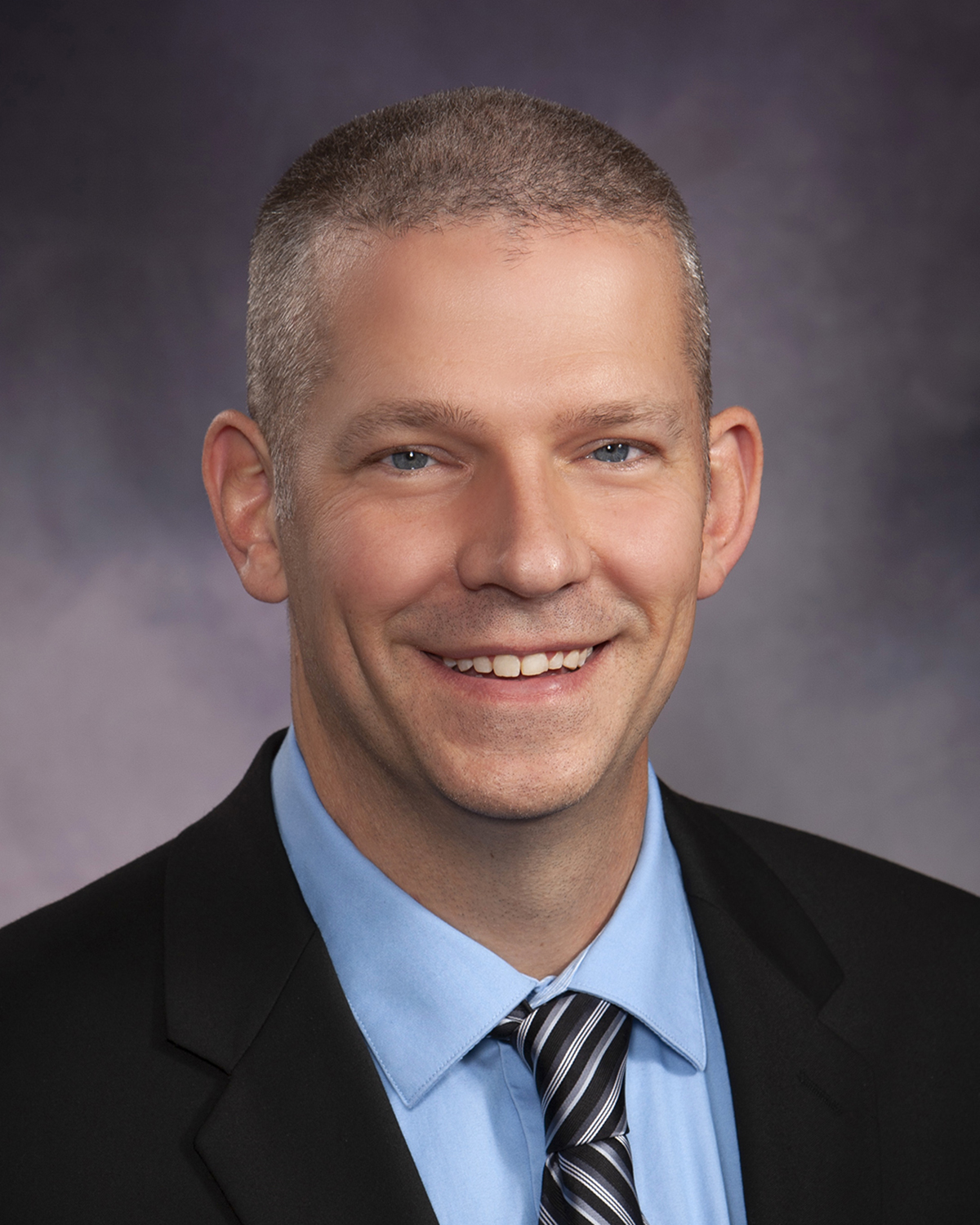
Matt Ottman, KEPCo Information Specialist III, recently earned the Certified Information Security Systems Professional (CISSP) certification. A CISSP certification is among the gold standards for IT and cybersecurity professionals. It demonstrates the ability to design, implement, and manage an enterprise cybersecurity program.
The certification also validates deep technical and managerial knowledge, covering domains such as security and risk management, asset security, security architecture, communication and network security, identity and access management, security assessment and testing, security operations, and software development security.
Matt earned the certification by passing a 100-150 question, three-hour exam and by having the required five years of cybersecurity work experience. Fantastic job, Matt!
